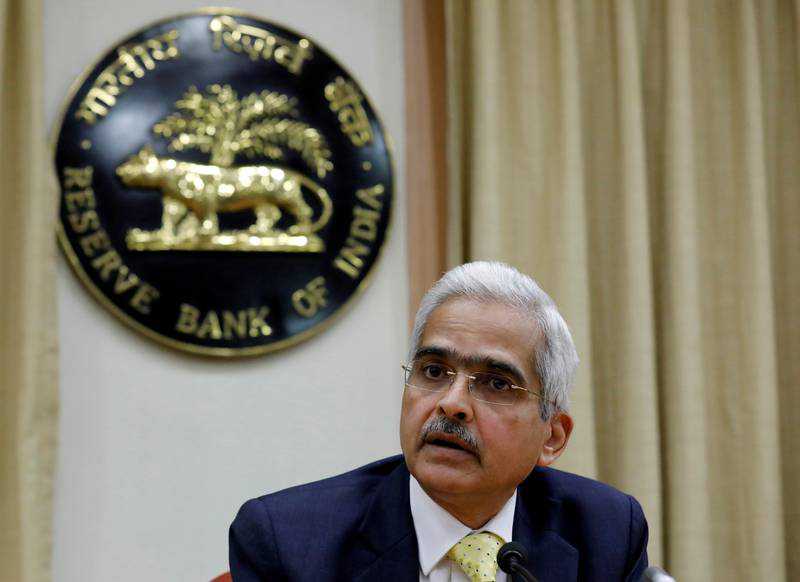India central bank chief gets 3-year term amid economic recovery

India has reappointed central bank governor Shaktikanta Das for another three-year term, keeping the career bureaucrat at the helm to help guide the economy’s recovery from the ravages of Covid-19.
The decision announced in a statement from the cabinet and effective when his current term ends December 10, ensures continuity in monetary policy settings and signals to investors that any normalisation of interest rates will only be gradual.
The rupee gained 0.2 per cent against the dollar after the news of Mr Das’s extension, while the benchmark 10-year bond yield rose one basis point to 6.38 per cent. Stocks edged higher and looked set to snap a two-day drop.
Under Mr Das, 64, the central bank endeavoured to support growth and maintain liquidity through the worst of the pandemic by slashing interest rates and pursuing quantitative easing. His reappointment was not a surprise, with Mr Das working to ensure a healthy working relationship with the government after his predecessor Urjit Patel resigned suddenly in December 2018 amid differences with Prime Minister Narendra Modi’s administration.
“We see this as positive for policy continuity,” said Teresa John, economist at Nirmal Bang Institutional Equities. “The RBI will continue with gradual normalisation with no knee jerk reactions. We see this as supportive of slightly lower yields.”
India’s central bank now faces the risk of accelerating inflation just as the recovery from Covid-19 takes hold, a challenge policymakers globally are grappling with. Borrowing costs in India have been rising in recent months, a development the RBI has also helped by draining excess liquidity from the banking system.
Mr Das, on the other hand, is talking about continued policy accommodation till growth is back on a surer footing.
“His biggest challenge I think, will be reinstating price stability objectives in the coming months,” said Vishnu Varathan, head of economics and strategy at Mizuho Bank in Singapore. “Meanwhile, supply-chain kinks threaten with stagflation-type outcomes. These circumstances will make it harder to calibrate policy.”
A lingering Covid-19 threat complicates his job. Although vaccination rates have increased and fewer movement curbs have spurred a recovery in demand, India continued to see on average 17,565 new infections every day this month.
For now, the RBI, as well as the International Monetary Fund, are estimating gross domestic product will grow 9.5 per cent in the year ending March – the quickest pace among major economies - after contracting 7.3 per cent last year.
Mr Das, who was first appointed in 2018, has led the central bank’s charge towards more financial inclusion in the under-banked South Asian country. As part of that thrust, he has made digital payments more accessible and opened a hub to encourage innovation in the financial sector.
As economic affairs secretary from 2015 to 2017, Mr Das worked closely with the central bank and oversaw Prime Minister Modi’s sudden and controversial move to ban high-value currency notes in late 2016, which hurt the economy and led to thousands of job losses.
Previous Story
- FII: SoftBank investing in blockchain assets but steers...
- HSBC's third-quarter profit surges 76% as outlook improves
- Investcorp introduces investment management service for insurers
- Saudi National Bank’s third-quarter profit jumps 20% on...
- GFH to buy 100% of Khaleeji Commercial Bank...
- US reportedly considers regulating stablecoin issuers as banks
- UK food banks 'prepare for the worst' as...
- Tulsa's Transformation Church buys Unit Corporation building for...